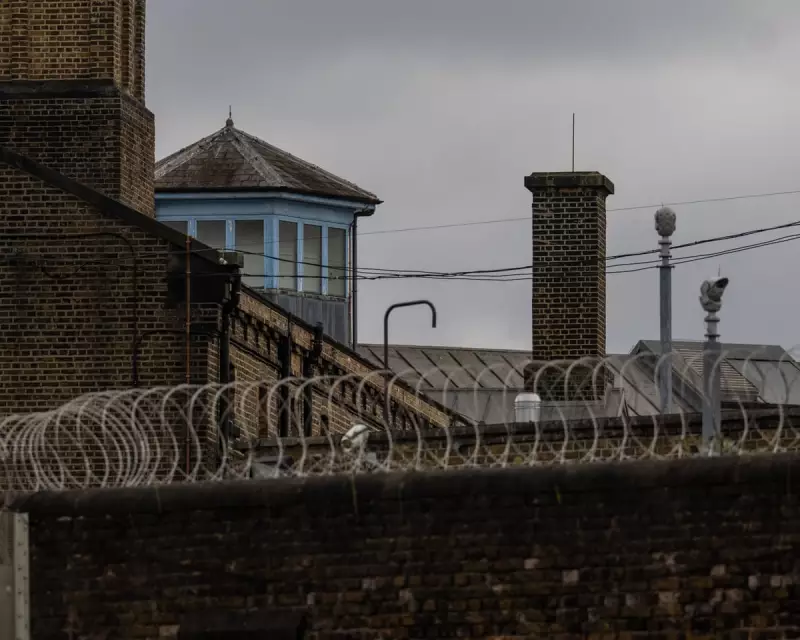
The Human Cost of a Broken Prison System
Justice Secretary David Lammy's recent predicament, involving a mistakenly released prisoner, has thrown a harsh spotlight on the profound crisis engulfing the UK's prison system. This incident is not an isolated failure but a symptom of a network in a state of collapse after 14 years of Conservative government neglect.
The core of the problem lies in a catastrophic lack of investment. Public finances are stretched, and with low public sympathy for prisoners, there are precious few votes in manifesto promises to improve their lot. This political reality has created an obscene situation where the entire justice system is failing.
A Prison Officer's Impossible Reality
While the plight of inmates is often discussed, the situation for prison officers is equally dire. If conditions in our largely outdated prisons are bad for the inmates, just imagine what it is like having to work in them, as one observer noted. The profession faces an immense recruitment and retention crisis, leading to a reliance on young, inexperienced, and demotivated staff.
These officers are regularly exposed to high levels of verbal and physical abuse. Morale is poor, and the role has been stripped of its potential. Instead of focusing on education and rehabilitation, their duty is often reduced to simply supervising the incarceration of prisoners in their cells for large portions of the day.
A prison officer should be a high-status profession, respected by the public, personally fulfilling, well-paid, and supported by continuous training. Dramatically improved staff-to-prisoner ratios are essential to enable this vital work.
Dickensian Conditions and a False Calm
Beyond the staffing crisis, the physical state of prisons like HMP Wandsworth in London is alarming. Inspection reports fail to fully capture the daily reality where many prisoners live in unclean, rat-infested conditions that would be condemned in any other public building.
Violence, drug use, and self-harm are rampant, creating profoundly unsafe environments. Analysts note that the drug crisis may be applying a temporary lid on behaviour, but this fuels a shadow economy controlled by organised crime and creates instability that makes genuine rehabilitation impossible.
The superficial calm on some prison wings represents containment, not safety or progress. We are simply warehousing people in Dickensian squalor with diminishing support, making the goal of rehabilitation a pipedream.
Rectifying this national disgrace requires enormous government investment. Improving the physical, social, and economic aspects of our prisons is crucial, if not for the inmates, then for the prison officers who have laudably chosen a career that few of us would ever consider.





